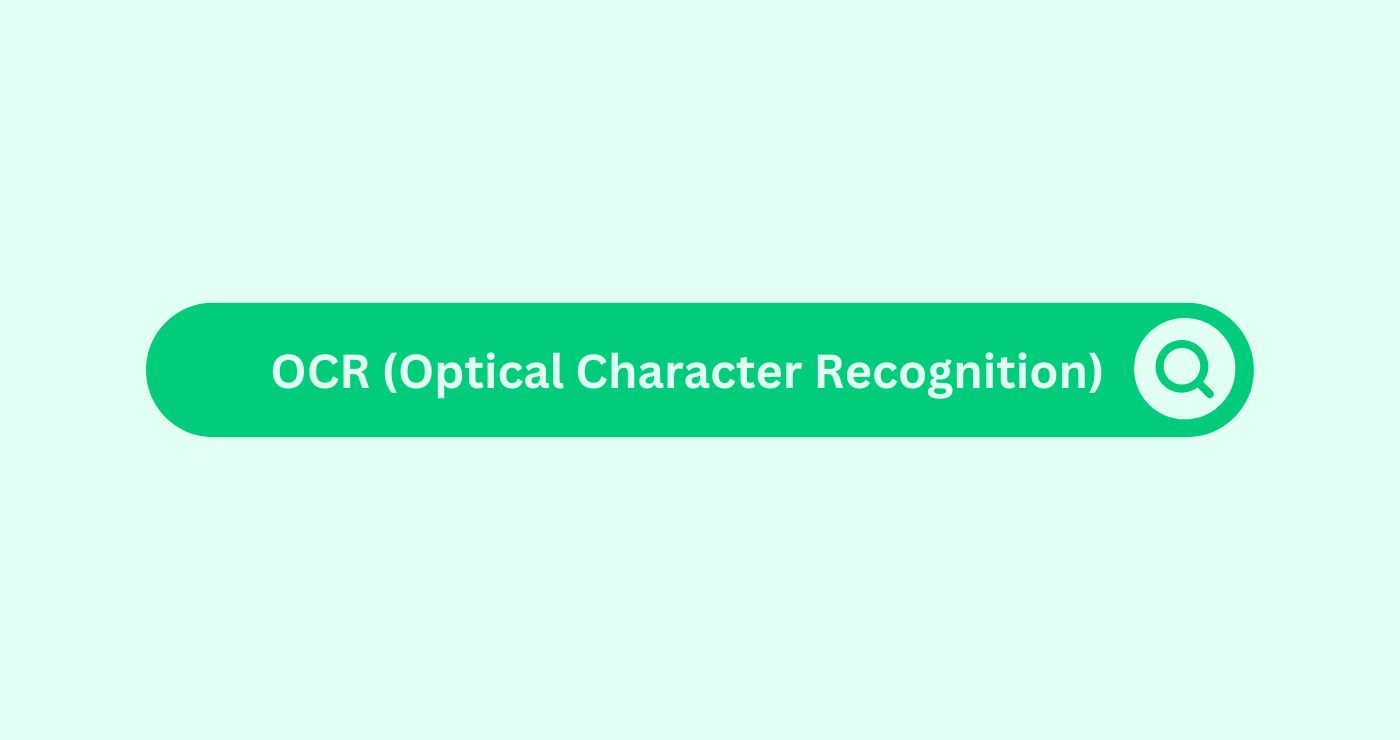Definition
Optical Character Recognition:
OCR—takes images, scribbled notes, or even a dodgy scan and flips them into text. That machines can actually read and edit. In digital marketing, especially in content-heavy environments, OCR acts like a shortcut for turning all sorts of real-world stuff. Like flyers, PDFs, random screenshots, and billboards snapped on the street.content ready for the web, all primed for search.
Digital agencies in Auckland, OCR brings serious firepower to local campaigns. Scanning brochures or competitor handouts. The tech reads the text, pulls out what matters, and spits out new digital assets. Like blog posts, meta tagsDefinition Meta tags are crucial in social media marketing t..., and even a pile of fresh keyword ideas. For folks in SEO, it means less time typing out every word. It more time actually getting campaigns out the door, and a heap more local flavour in the content.
Agencies working on multilingual projects with Māori and regional dialects. Even catalogs in other languages can use OCR to translate and update for search engines. They are keeping things accurate and making the process way quicker. It’s a lifesaver for reusing content or digging into old data for fresh campaigns.
Take this scenario: a digital marketing agency handles Auckland décor stores. Each month, stacks of print catalogues land on the desk—full of offers, product blurbs, and all the rest. Manually copying and pasting all that? It’s a time sink.
OCR steps in and handles the heavy lifting. The tech scans every page and grabs phrases like “handcrafted rimu furniture” or “artisan wool rugs NZ,”. Then drops them straight into product listings for the website. In less than ten minutes, the team has SEO-friendly titles, captions for socials, and blog ideas. All using keywordsDefinition Keywords are crucial for SEO success as they conn... from those catalogues. Everything’s ready to go liveDefinition "Go Live" in social media marketing refers to the..., no extra hassle.
That’s the kind of efficiency OCR brings to the table. Like fast, accurate, and perfect for turning physical content into digital assets that actually get results.
.
Real-World Efficiency MetricsWhat are Metrics in the context of SEO? Metrics in SEO refer...
| Metric | Value | Description |
|---|---|---|
| Pages Scanned per Hour | 80 | OCR speed when converting printed content |
| Keyword Hits Extracted | 450 | Relevant terms recognised from image files |
| Accuracy Rate | 97.6% | OCR reliability in correctly identifying textual content |
| Manual Time Saved | 6+ hours/day | Time saved vs manual typing or data entry |
| Content Output from OCR Text | 12 articles | Blogs, descriptions, or captions produced from OCR content |
5 Key Takeaways
- Automates Text Extraction – Quickly turns images or scans into editable, usable digital content.
- Speeds Up Repurposing – Converts legacy offline materials into online-ready content rapidly.
- Enhances Local SEODefinition Local SEO in social media marketing boosts online... – Captures regional names, phrases, and product tags for targeted campaigns.
- Reduces Human Error – Offers high accuracy without the need for manual typing.
- Multilingual Ready – Supports content recognition across different languages and formatsDefinition In the SEO space, "formats" refer to the various ....
FAQs
How does OCR benefit digital marketing campaigns?
It helps convert non-digital assets into editable formatsDefinition In the SEO space, "formats" refer to the various ... that can be optimised for SEO.
Can OCR identify keywords from scanned flyers or brochures?
Yes, OCR extracts readable text and helps isolate key phrasesDefinition In the SEO space, "key phrases" refer to specific... for content creation.
What formats does OCR support for text conversion?
It handles JPEG, PNG, PDF, TIFF, and other scanned or photographic content formatsDefinition In the SEO space, "formats" refer to the various ....
Is OCR suitable for real-time content creation?
Absolutely. It processes visuals quickly and feeds content directly into marketing pipelines.
Does OCR work for Māori or non-English characters?
Yes. Advanced OCR models support multilingual recognition, including regional dialects.




